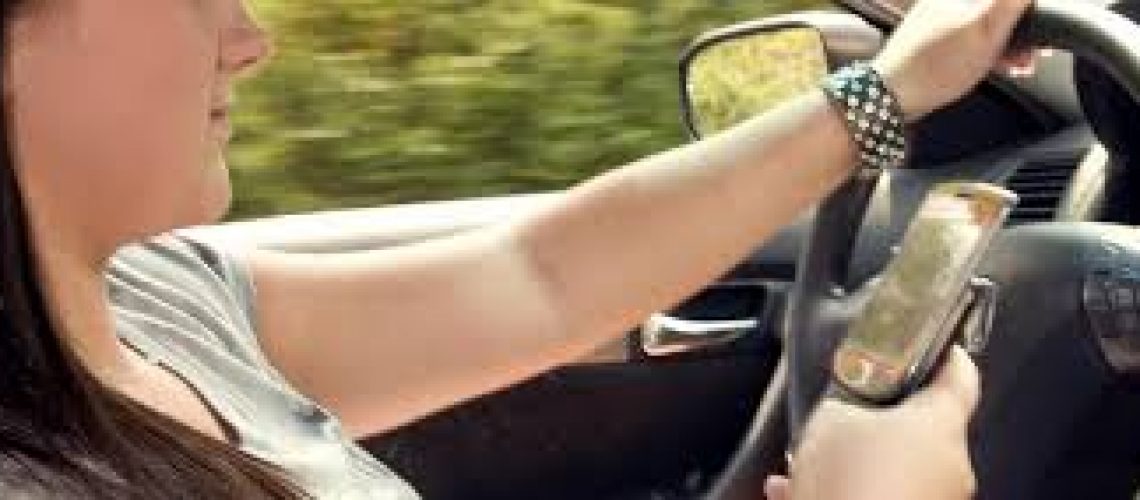Top Causes of Accidents for Teen Drivers
Getting a learner’s permit and your first driver license is a special rite of passage. It marks the beginning of a new type of independence and sets the stage for a lifetime of driving a car.
Of course, any time someone learns something new, mistakes happen. Unfortunately, in the case of driving, those mistakes can be serious–and even deadly. This doesn’t mean that new drivers should be afraid to drive; it simply means they need to take extra precautions as they develop their driving skills.
Unfortunately, not all teens take those extra precautions. According to the Centers for Disease Control and Prevention, “The risk of motor vehicle crashes is higher among 16-19-year-olds than among any other age group. In fact, per mile driven, teen drivers ages 16 to 19 are nearly three times more likely than drivers aged 20 and older to be in a fatal crash.” This risk is especially high during the first couple of months of having a license.
The National Highway Traffic Safety Administration mentions several of the major causes of accidents for teen drivers:
DISTRACTED DRIVING
This includes texting and driving as well as other behaviors that take your attention away from driving, like eating, talking to passengers, and adjusting the stereo or navigation system.
SPEEDING
“In 2015, it was a factor in 29 percent of the fatal crashes that involved teen drivers.” The problem can get worse in inclement weather, as teenagers are inexperienced with how a car might handle differently in the rain or snow.
DRUNK DRIVING
Not only do you face charges for underage drinking, you put yourself, your passengers, and other people on the road at serious risk if you get behind the wheel. The CDCsays, “In 2014, 17% of drivers aged 16 to 20 involved in fatal motor vehicle crashes had a BAC of .08% or higher.” Not only that, but 20 percent of teens admitted they had gotten in the car with a driver who had been drinking within the last month.
DROWSY DRIVING
Falling asleep behind the wheel is one thing, and it does happen, but driving while sleep deprived even if you manage to stay awake can affect your alertness and judgment. A delay in your ability to react to a hazard could result in a crash. In 2015, there were at least 824 fatalities as a result of drowsy driving, and teenager drivers were involved in about 10 percent of those crashes.
Driving is an incredible privilege, but it’s also a serious responsibility. Take it upon yourself to become a safe driver, not only for your own benefit, but for that of your family, the passengers you carry, and everyone else on the road. Here are a few tips to help you stay safe:
- Take charge of your vehicle. If you give rides to friends, make sure they understand the rules you set about riding in your car: no alcohol, no unnecessary distraction, and mandatory seat belts.
- Take advantage of supervised driving. It might seem lame to have to log driving hours with your parents, but they’ve been driving for years and can offer tips and insight on how you can become a better driver.
- Take a driver’s education course. With online driver’s ed, you can go over the material as much as you need to until you feel comfortable.
- Always obey the traffic laws, including all speed limits, signs, and signals.
- Don’t drink and drive. Make a promise with your friends that if someone has been drinking, the others will take the keys away. Never get in the car with someone who has been drinking. Remember that drinking alcohol under the age of 21 is illegal in all 50 states.
- Take extra care in inclement weather. Reduce your speed well below the posted allowance.
- Put your phone on silent and keep it in your bag. This way, you won’t hear the notifications and won’t be tempted to check it. Whatever it is, it can wait until you’ve arrived at your destination. If you need to contact someone, park the car and make your call or text.
- Pull over if you feel sleepy. If you’re driving late at night or early in the morning, or if you know you’ve been short on sleep lately, don’t be afraid to stop the car and call for help if you feel drowsy behind the wheel.
- Buckle up!
In 2016, there were 40,200 motor-vehicle deaths in the United States. Do your part to keep yourself and others safe on the road.
Submitted by kmiller on November 11, 2017 – 7:15pm



